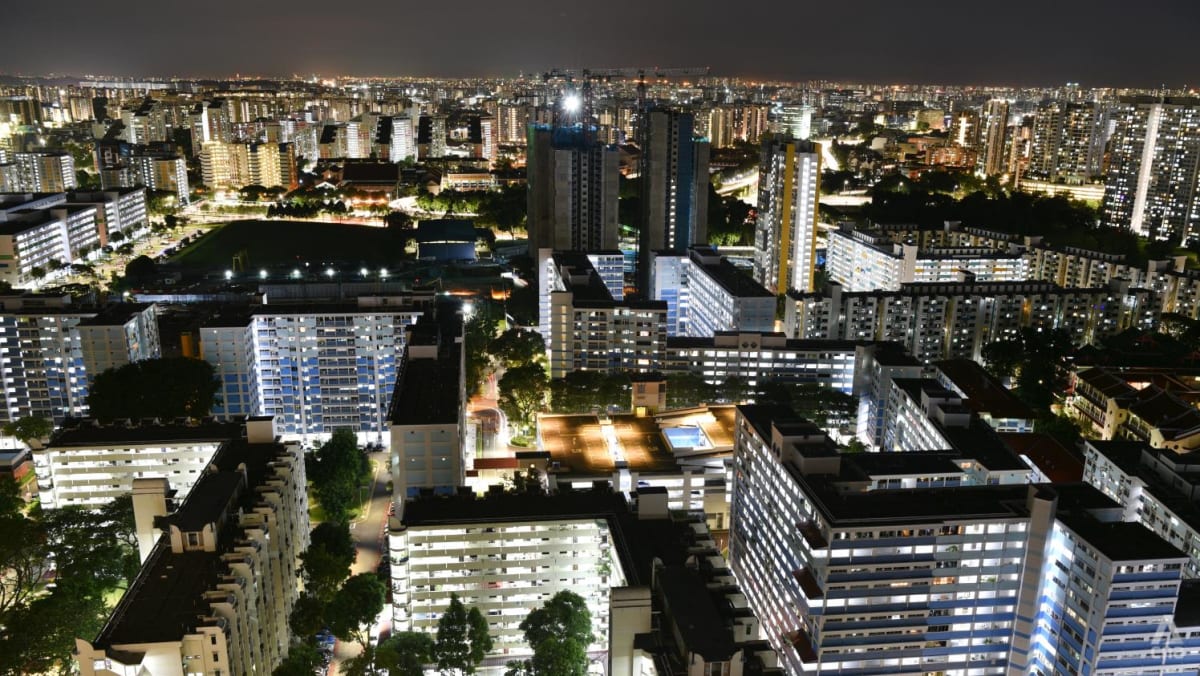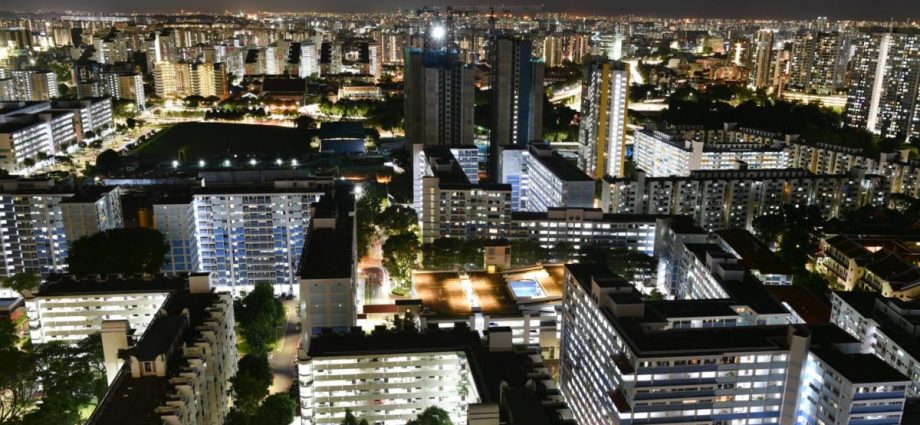
ENSURING SECURITY OF GAS SUPPLIES
Singapore has a liberalised power sector where private generation companies procure fuel, generate electricity and sell to consumers, MTI said, noting that this competitive market structure has its limitations.
Although EMA sets the performance standards, it does not intervene in gas contracting, generation capacity planting and electricity pricing.
“While this competitive market structure has served us well over the past two decades – increased innovation and efficiencies in operations, and a wider range of retail options for consumers – some gaps have emerged,” MTI said.
For instance, when gas prices are high, gencos are less inclined to contract for gas for fear that they would be left stranded when gas prices moderate.
“Without the assurance of back-to-back electricity contracts, gencos are also reluctant to enter into longer-term gas contracts which typically offer greater guarantee of delivery and lower prices,” MTI noted.
To address this, EMA will institutionalise the measure requiring gencos to maintain sufficient fuel for power generation.
It will also work with the industry to explore ways to improve gas procurement, such as by collectively contracting for longer-term gas contracts for greater security of supply, or demand aggregation to provide economies of scale. EMA will also maintain the standby LNG facility to manage gas supply disruptions.
ENSURING SUFFICIENT POWER-GENERATING CAPACITY
To ensure sufficient generation capacity to meet system demand, a structured process will be introduced to facilitate private investments.
Currently, investments in new generation capacity are driven by each company’s commercial considerations.
Since it takes about four to five years to plant a new generation unit, there could be prolonged periods of over- and under-supply, leading to volatile electricity prices, said MTI.
To address this, EMA will conduct a competitive tender about five years in advance of the year in which the generation capacity is projected to be required. The most competitive proposal will be awarded a licence to build, own and operate the new capacity.
All new generation plantings will be coordinated to avoid risks of over- and under-capacity.
EMA will step in as a last resort if there is insufficient private sector interest to build new generation capacity.
“While these guardrails will, to some extent, reduce choice for market participants (gencos and retailers) and consumers, it will help to improve the stability and security of our power sector in the longer term and ensure that Singapore is well placed to navigate the energy transition,” MTI said.
“We are mindful that these adjustments will reduce the flexibility of some market participants,” said Mr Gan.
“Generation companies cannot plant new capacity as they wish. Consumers may have fewer retailers to choose from. Some may not be allowed to purchase electricity from the wholesale electricity market.”
“However, these measures will bring about a stronger and more secure power system collectively,” he said, adding that the Government will consult the industry and the public on the proposed changes.
This will be conducted by EMA over the next few months, with the measures to be rolled out progressively in 2023.

